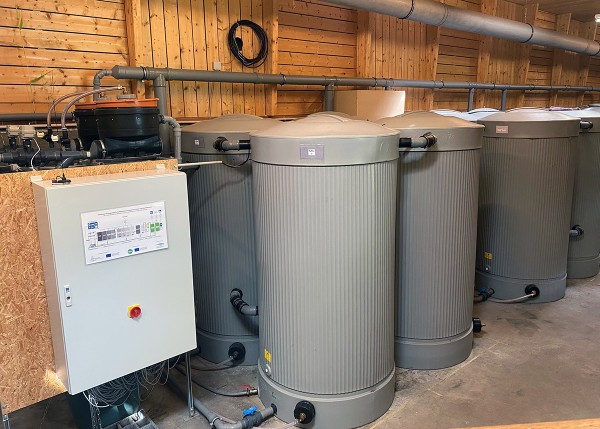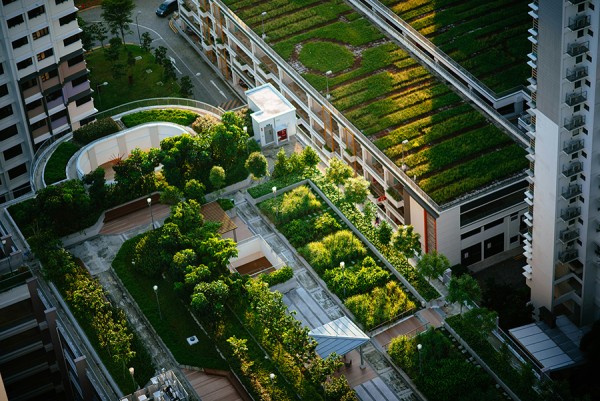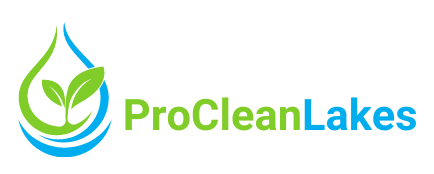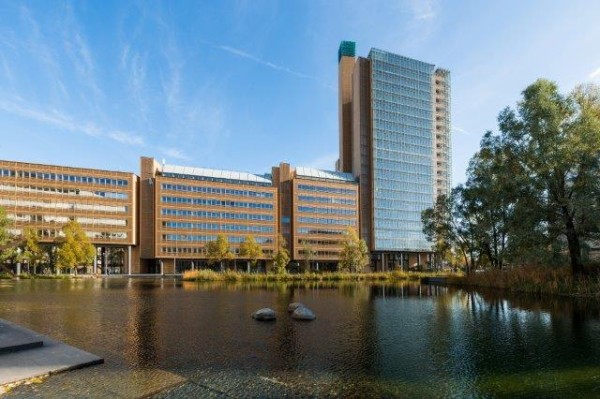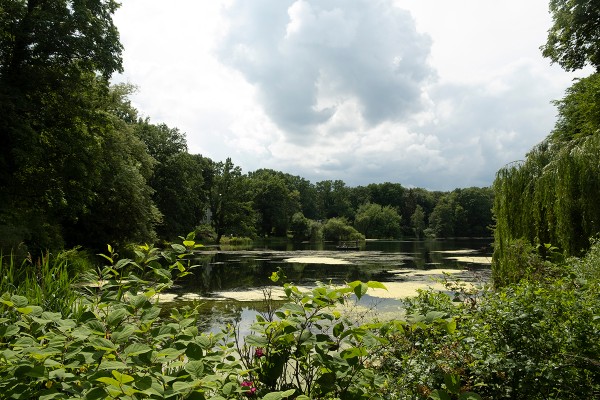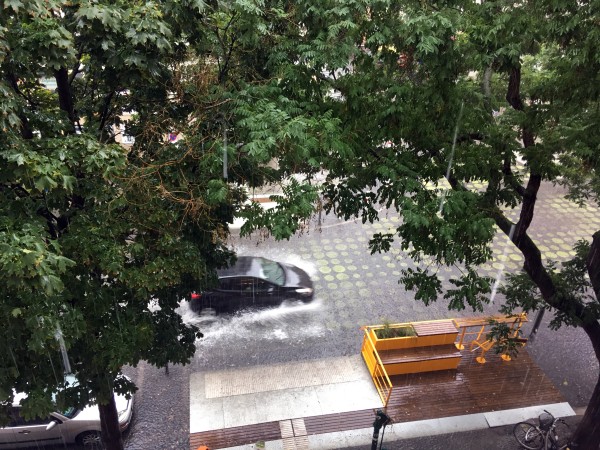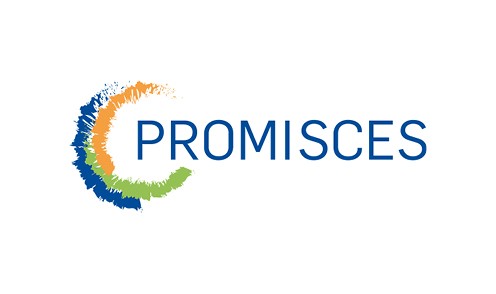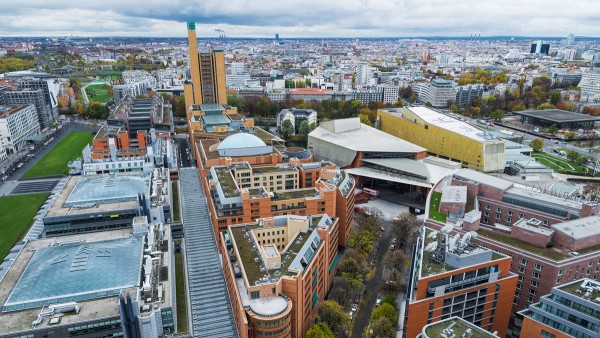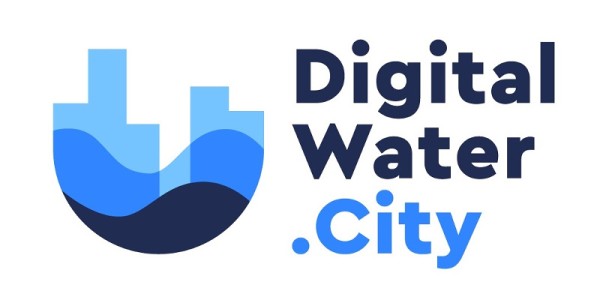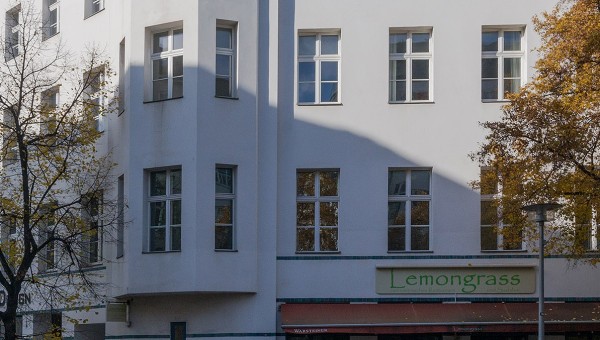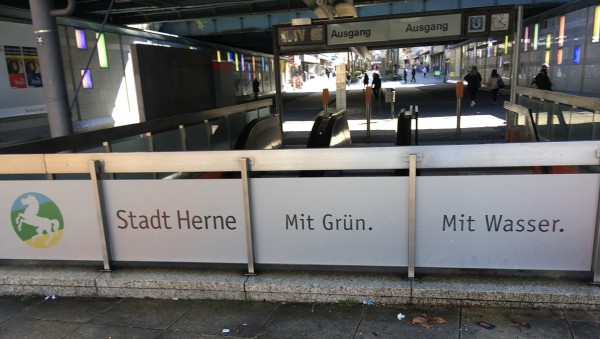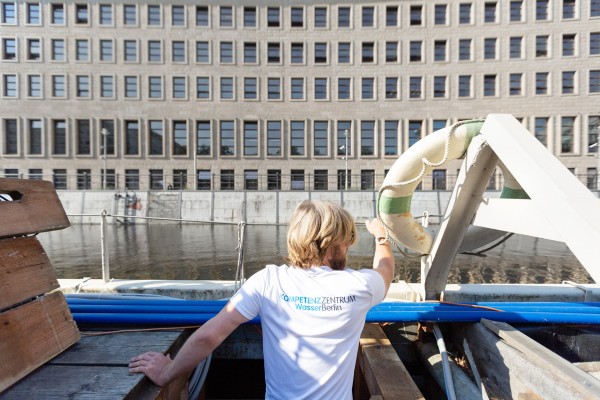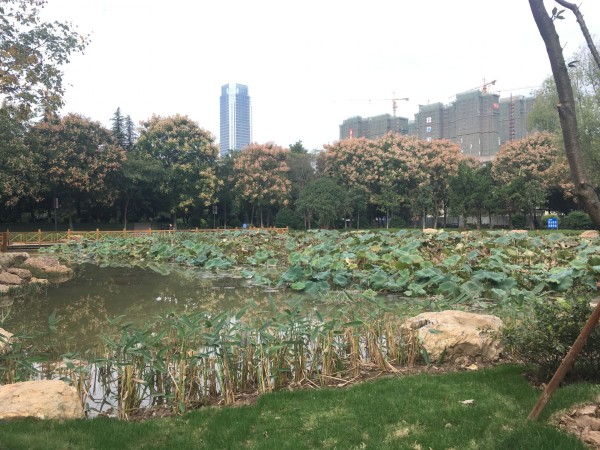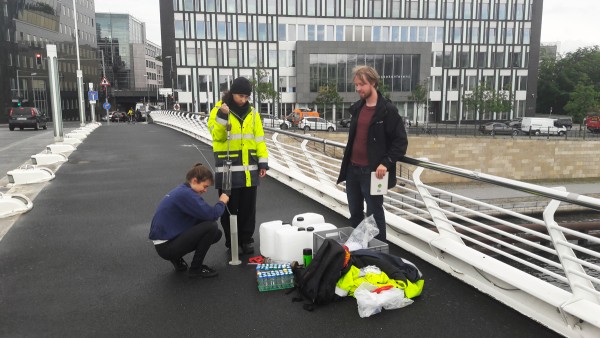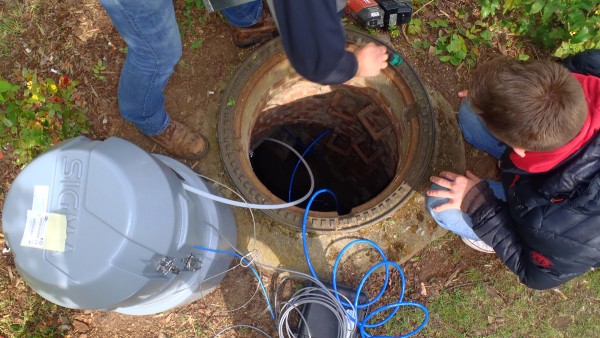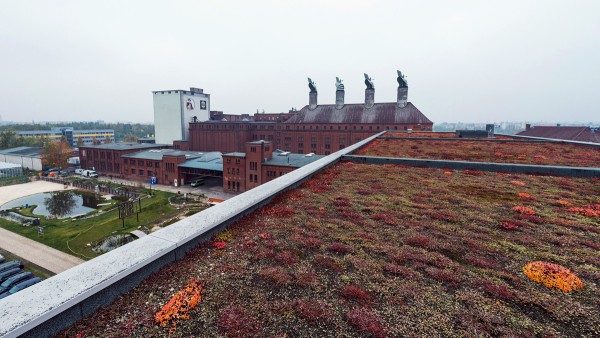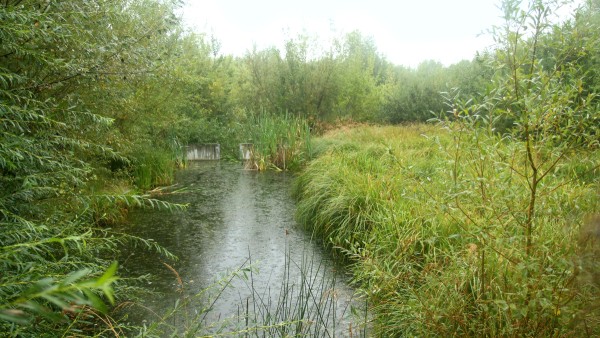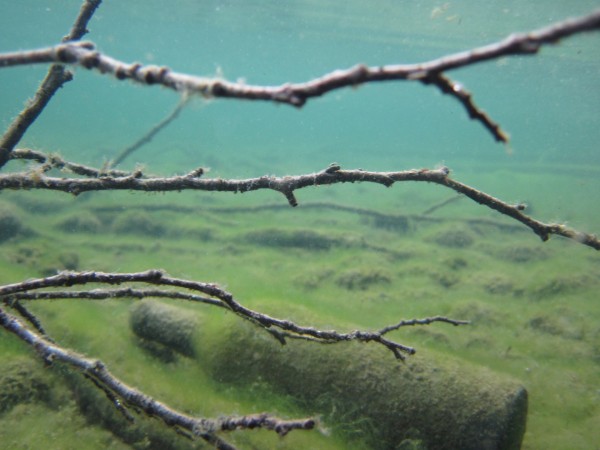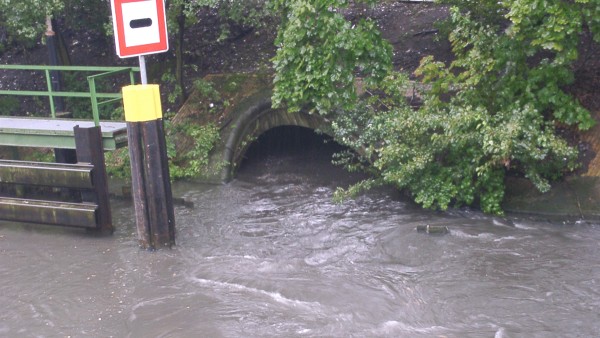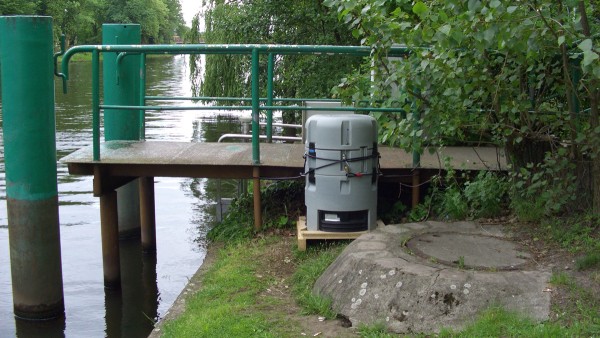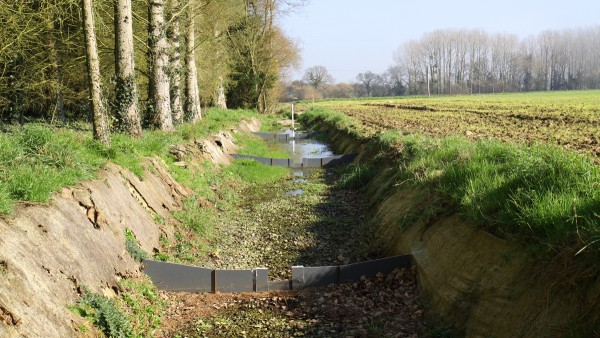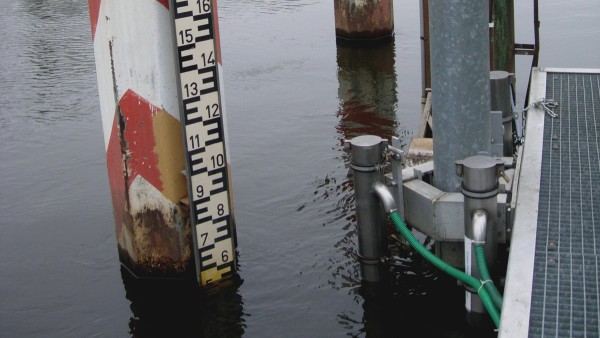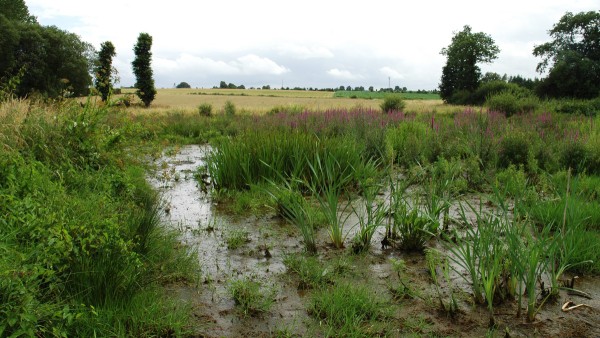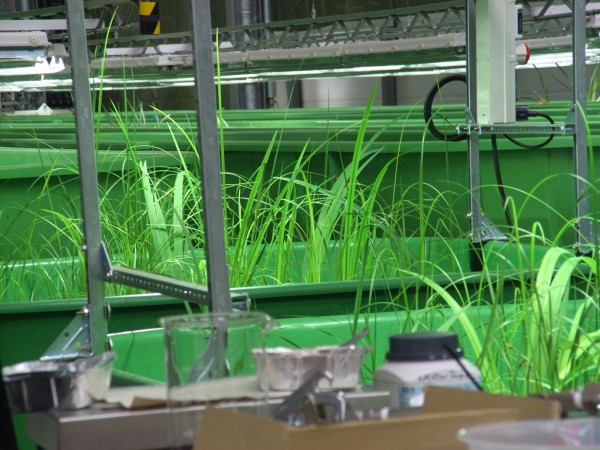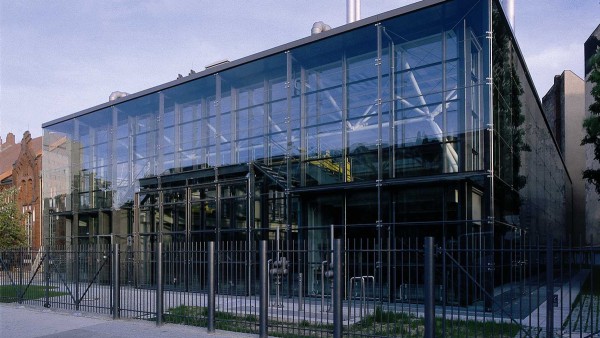Urban water bodies are exposed to multiple stressors due to their intense use. The Stormwater & Surface Waters group investigates the effects of material inputs from urban runoff on aquatic ecology. Rainwater runoff from sealed surfaces plays an important role here, as it can lead to combined sewer overflows and transports pollutants from buildings and roads. However, rainwater can also simultaneously have a positive effect via the preservation of small water bodies. Green, blue, and grey elements of sponge cities can help reduce water pollution and offer further benefits, such as increased life quality in cities.
Our extensive experience lies in the monitoring, data analysis, and modelling of rainwater related emissions and their impact on urban water bodies. We also investigate the benefits of rainwater management planning. We bring both areas together by supporting urban strategies or providing digital planning tools.
Overview of Core Competencies:
Analysis of pollutant loads in urban stormwater runoff
Monitoring, data analysis, and modelling of stormwater-related emissions (stormwater discharges and combined sewer overflows) and their impacts on urban water bodies
Innovative monitoring methods for lakes and rivers – satellite data and citizen science
Investigating the effects of stormwater management/water sensitive urban design (ranging from reducing surface water pollution and improving urban climate to enhancing the amenity value of urban spaces)
Supporting urban strategies for sustainable stormwater management by developing and providing both digital and traditional planning tools
"Turning the city into a park" – defining, simulating, and critically evaluating the "local natural water cycle" as a target for urban planning
